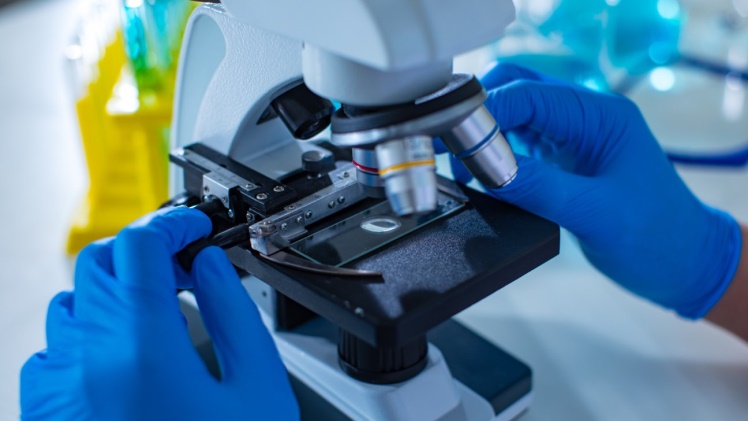Are you wondering whether your medical device is defective? Medical devices are an important part of the healthcare industry. They assist healthcare providers with the ability to diagnose various conditions and diseases. Medical devices, unfortunately, can break down or malfunction. Defective medical device lawyers can help you determine if you’ve been harmed by a defective product. This guide will provide you with the most obvious signs to help you determine whether your medical device is defective, so you can take the necessary steps to receive compensation.
Signs Your Medical Device is Defective
Before discussing the signs of a defective medical device, it is important that you are aware of what causes a device to become defective in the first place. Defects can come from the design of the device itself, or if it is improperly maintained. It may also be the result of damage from distribution.
Medical devices including electrical equipment, surgical tools, implants, and prosthetics can have varying defects. For instance, programming problems can arise due to electrical failures. This can cause the device to deliver medicine at inaccurate dosages or intervals.
It is even possible for electrical wires to shock patients or healthcare providers.
Here is a breakdown of some symptoms you may experience if you’ve been injured by a defective medical device.
Severe Pain
Pain is one of the most obvious signs that something is going on inside of your body. Pain is common following the surgical implantation of the device. It can last for days or weeks. However, the pain should subside after it has fully healed. But there are many patients who never experience a reduction in their pain. Pain that doesn’t ever dissipate could mean that your device was incorrectly implanted or is defective.
Bleeding
If at any time, you experience bleeding, it could be a sign that your medical device is defective. Sometimes it may not be easy to determine what is going on inside your body. Medical devices that are defective may cause muscle damage, tendon damage, and tissue damage. This damage can become so extreme that bleeding may occur. It may also become life-threatening if left untreated.
Impaired Mobility
Medical devices are helpful in improving a person’s mobility. This is especially the case in those who have had hip, knee, or joint replacements. But once these replacements become defective, you may experience a reduction in mobility.
Medical Device Recall
There are times when months and years may pass before the person has the chance to realize they have a defective medical device. By this time, a lot of injuries may have already occurred. If you are experiencing pain and your device has been recalled, your device may be defective.
It is critical that you keep an eye out for recalls. You can easily access this information via the U.S. Food and Drug Administration’s website. Additionally, you can use their search tool to find out whether your device has ever been recalled in the past or after you receive it.
If you notice any of the above signs, you should contact your doctor right away, followed by a defective medical device attorney. He can walk you through the process and even help you with obtaining compensation for your injuries.

